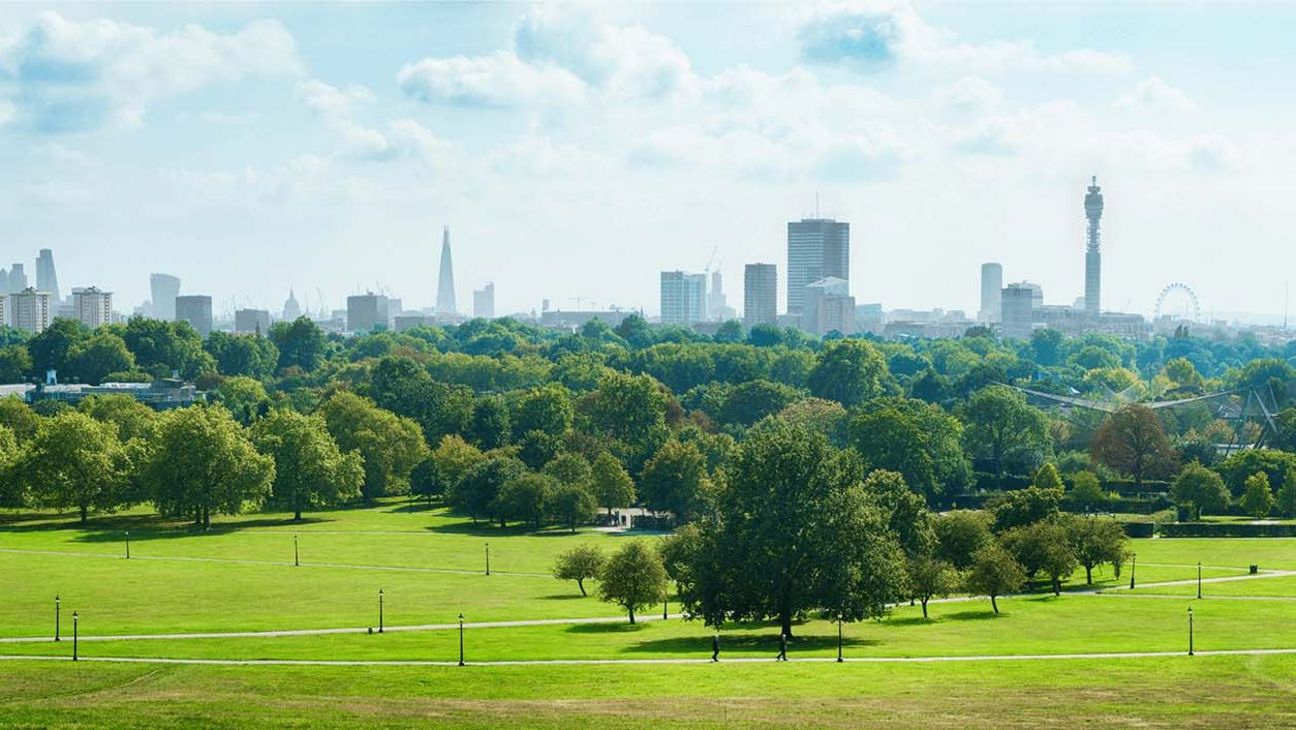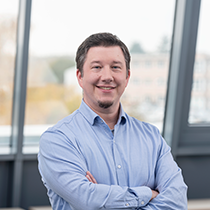
EFFECTIVE MITIGATING MEASURES

We are consultants and experts and are accredited according to DIN EN ISO/IEC 17025:2018 for tests in the areas of noise and vibration determination, noise measurements on wind turbines, noise and vibrations at the workplace, aircraft noise, building acoustics and in the immission control module. We work nationwide as a measuring institute for the determination of vibrations as well as of emissions and immissions due to noise, announced according to § 29b of the Federal Immission Control Act (BImSchG) (listing in ReSyMeSa). Furthermore, we carry out quality tests according to DIN 4109. Wölfel Engineering is certified as a VMPA acoustic testing center. Our DAkkS registration number is D-PL-19254-01-00.
SERVICEPORTFOLIO

WHY IS IMMISSION CONTROL BECOMING MORE AND MORE RELEVANT?
According to a study by the German Federal Environmental Agency, around 75 percent of those surveyed felt that road traffic was already disrupting or annoying in their living environment by 2018. And this is only one of many noise sources. Other noise sources include aircraft noise, rail traffic noise, commercial and industrial noise, neighborhood noise and construction site noise. Depending on their intensity and duration, sound immissions can impair our quality of life and, in the worst case, even be dangerous for humans. The densification of city centers, increasing traffic volumes and a constantly high number of new construction projects result not only in increasing noise pollution but also in poorer air quality and increased vibration levels.
Immission control is therefore becoming more and more important. There are various legal regulations, standards and guidelines – including the German Federal Immission Control Act – with the aim of protecting people and nature in the direct vicinity of the emission sources from adverse effects. In order to ensure compliance with the limit values defined here and, if necessary, to be able to develop effective reduction measures at an early stage, a well-founded calculation or forecast is essential.
Please contact us personally
________
We are happy to advise you on questions concerning noise, air pollutants and vibrations.
Physics
Doctorate/Dr. rer. nat.
DIN Standards Committee 005-55-70 AA Sound insulation in urban development
The varied work. No day is like the other.
Geophysics at the FU, Freie Universität Berlin
Graduate geophysicist
Solving difficult tasks in a pragmatic and goal-oriented way.
The variety of tasks and their innovative processing.
Physics
Doctorate/Dr. rer. nat.
DIN Standards Committee 005-55-70 AA Sound insulation in urban development
The varied work. No day is like the other.
Geophysics at the FU, Freie Universität Berlin
Graduate geophysicist
Solving difficult tasks in a pragmatic and goal-oriented way.
The variety of tasks and their innovative processing.
OUR PROJECTS
Immission control law clearly regulates who has to ensure compliance with limit values and, if necessary, develop mitigation measures. For many years, we have been preparing legally compliant expert reports, carrying out calculations and measurements and developing individual solutions on behalf of building owners and companies as well as (local) authorities. We are also available to advise on legal and technical issues. Some of our projects for different customer groups are presented here:




WHY IS TRAFFIC NOISE CALCULATED AND NOT MEASURED?
Noise measurements are influenced by many factors such as weather, current traffic volume and background noise. Thus, it is always a snapshot, the results are not reproducible and therefore not legally binding. In addition, future noise immissions often have to be reliably predicted in the approval procedure before the project starts. For this reason, the above-mentioned regulation prescribes the calculation of immission values. Measurements are only used in research to update and improve existing calculation models.
The validated calculation methods take into account all relevant traffic parameters, such as the traffic averaged over one year (average level), permissible maximum speeds, the traffic composition, road surfaces, gradients, rail properties and dispersion conditions. From all of these factors, a rating level for the day (6 am – 10 pm) and a rating level for the night (10 pm – 6 am) is determined. The calculations are usually in favor of the people affected, and therefore tend to overestimate the average traffic noise exposure compared to measurements. If the calculated rating levels are higher than the immission limit values, appropriate noise reduction or sound insulation measures must be taken.

IMMI
The Software Solution for Noise
_____________
IMMI is our software package for noise calculation outdoors as well as for the calculation of noise pollution in working rooms and the dispersion of air pollutants.






![[Translate to English:] [Translate to English:]](/fileadmin/_processed_/d/4/csm_2021-09-kachel-bahnbau_01__fc284d8660.jpg)
![[Translate to English:] [Translate to English:]](/fileadmin/_processed_/6/8/csm_2021-08-kachel-bauphysik_02_e6152e987b.jpg)